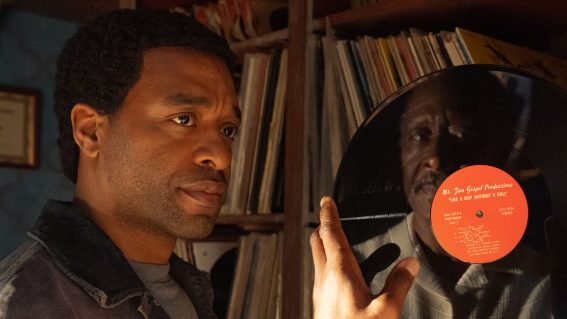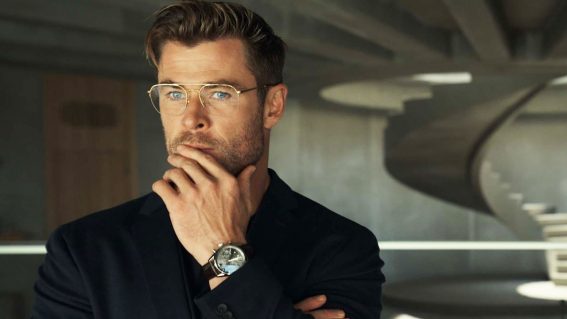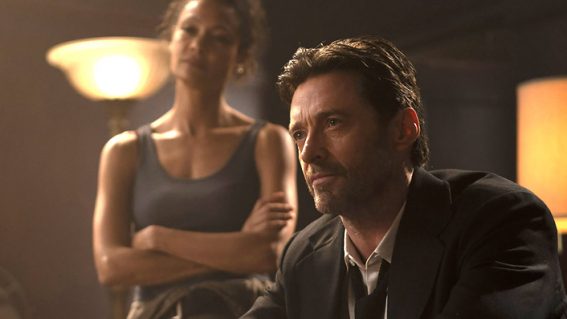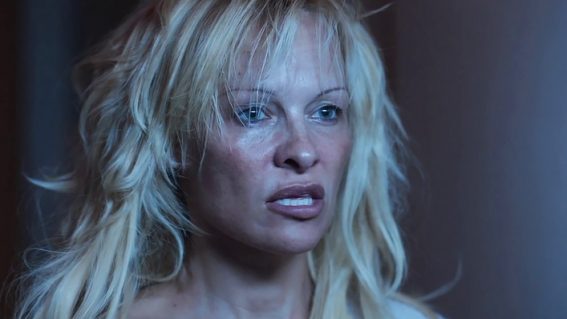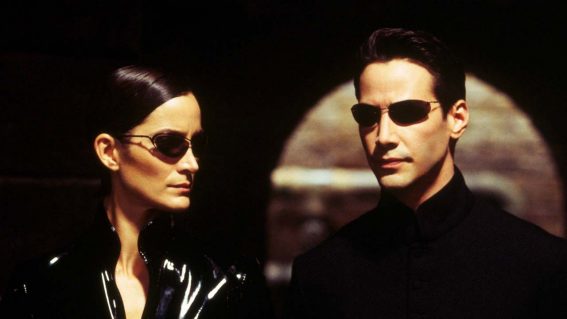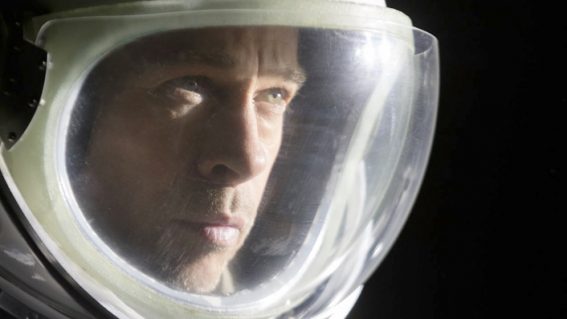Testosterone-fueled mischief makes Voyagers a deep space Lord of the Flies

A mission to colonise another planet goes off the rails in science-fiction film Voyagers. Fortunately, it’s no Passengers, confirms Steve Newall.
2016’s Passengers was a science-fiction “romance” that colossally misjudged its core relationship between Chris Pratt and Jennifer Lawrence. Apparently, no one involved in the troubled development of the film seemed to have spotted the inherent creepiness of its tale: a man prematurely awakened from cryogenic sleep obsesses over another sleeping traveller, who he “falls in love” with, awakens without her consent, and dooms her to the same fate as his—dying of old age before reaching their destination. But hey, they fall in love! (See Stockholm Syndrome etc.)
See also:
* All new streaming movies & series
* Movies now playing in cinemas
With its similar title, setting aboard a generation ship (making a decades-long trip that will see the grandchildren of the original crew colonise a distant planet) and artwork featuring semi-clothed space-traversing canoodling, the spectre of Passengers looms over Voyagers somewhat. Maybe even a little leerier, with a YA cast including Tye Sheridan and Lily-Rose Depp. Thankfully, despite its imperfections, it’s not just about young people shaking off their shackles and getting sexy in space—and certainly doesn’t share Passengers’ glaringly absent moral compass.
Richard (Colin Farrell) raises a crew of children—the genetically engineered offspring of various geniuses whose genes will produce the best future colonists—in complete isolation from the outside world. Living in a replica of what will become their space habitat, these kids won’t have any experiences of Earth to miss when they depart our planet for hopefully greener pastures, replenishing the crew with new generations along the way.
Not only raised to be compliant in psychological terms, the crew are medicated daily with a dose of “The Blue”—supposedly a supplement, but actually maintaining their compliance and mission focus by keeping a lid on their impulses and libido. Once they’re young adults, a decade into their voyage, writer-director Neil Burger turns 180 degrees from the enhanced pharmaceuticals of his 2011 film Limitless when two male crew members Christopher (Tye Sheridan) and Zac (Fionn Whitehead) discover The Blue’s properties and stop taking it. No longer limited by the drug, they experience the full flush of human experience for the first time— cue buzzy pupil-dilating montage—and are soon getting up to testosterone-fueled mischief around the ship in contrast to everyone else’s (initial) docility.
At this point, you might be wondering what the mission planners thought was going to happen when they sent a bunch of young geniuses into space. If their plan counted on shit eventually hitting the fan aboard Humanitas and the ship turning into a YA sci-fi Lord of the Flies scenario, then hey, mission accomplished. You might also wonder why the fairly evenly balanced male/female crew proves so uniformly heteronormative when the sexual shackles come off, or whose DNA contributes to Zac’s increasing aggression and rebellious tendencies—not to mention his natural talent for manipulation when the crew splits into competing factions. David Koresh’s, maybe?
With Zac’s impulsive anarchy pitted against Christopher’s diligent responsibility, the scene is set for conflict and, as Burger clearly hopes, plenty of consideration about the fundamentals of human nature. He doesn’t deliver, though, the narrative feeling over-familiar while not really offering many philosophical points to ponder, even while hinting it’s addressing them.
Fortunately, Voyagers effectively maintains interest with its production design and cinematographic panache—enough to make this watchable if not a heck of a lot more, the audience likely as numb as the crew of the Humanitas was intended to be. Must be something in that post-mix soda…




